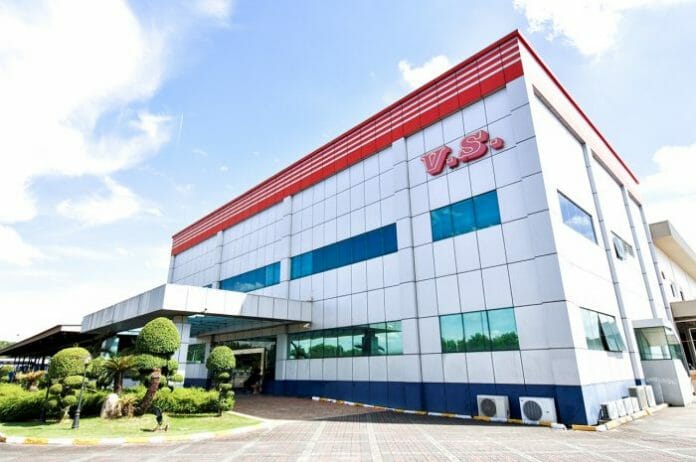RHB Research maintains ‘BUY’ call on VS Industry with new target price of MYR1.26.
VS Industry’s 1HFY22 (Jul) results disappointed primarily on higher raw material costs and supply chain constraints. That said, RHB Research believes VSI’s promising growth prospects remain intact – underpinned by the robust order demand and cost pass-through mechanism to insulate it from the rising costs environment. In addition, VSI’s continuous expansion and growing track record in serving reputable customers places it in a good position to secure new customers when supply constraints ease.
Core net profit of MYR84m (-36% YoY) met only 29-31% of our and consensus’ estimates. VSI’s 1HFY22 earnings were below expectations. The negative deviation could be attributed to higher-than-expected raw material costs and the prolonged component and labour shortages. Post results, we slashed FY22F earnings by 29% but left FY23-24 projections materially unchanged. Our TP is adjusted to MYR1.26 (no adjustment made to the ESG score of 3.0), based on 18x P/E CY22F or close to +1 SD of the stock’s 5-year mean (from 23x), as we bake in our valuation parameters, the aggressive rate hike expectations, and high bond yields.
YoY, 1HFY22 revenue was flat at MYR2bn as the company was restrained by labour and component parts to deliver the orders, despite the robust demand. 1HFY22 GPM eroded by 4ppts to 9.1% as the abovementioned challenges resulted in lower production efficiencies and was further exacerbated by the higher raw material costs on the back of a sharp hike in transportation expenses. QoQ, 2QFY22 sales rose 5% to MYR1bn on higher volumes, thanks to the easing of lockdown restrictions. Correspondingly, 2QFY22 core net profit grew 13% QoQ to MYR44m, further aided by the absence of vaccination-related costs.
Going forward, 3QFY22F earnings could inch up slightly QoQ, but we caution the challenges of labour and supply chain
disruption have remained largely unresolved. VSI is looking at various options to mitigate the conundrum of supply chain disruptions, including design tweaks, as it is presently seeing little signs of the alleviation. Meanwhile, the margin pressure stemming from higher raw material costs could dissipate ahead as the company passes on the additional costs. Essentially, management expects the new intake of foreign labour to arrive in May at the soonest, following the reopening of international borders in April. Consequently, this should effectively lift its production capacity by up to 30% by 4QFY22F. Its social audit on labour practice is currently ongoing and estimated to be completed by Jun 2022. Convincingly positive results
could lift sentiment on the stock.
Negative risks: include a protracted supply chain disruption and major delay in the arrival of new labour intake.









